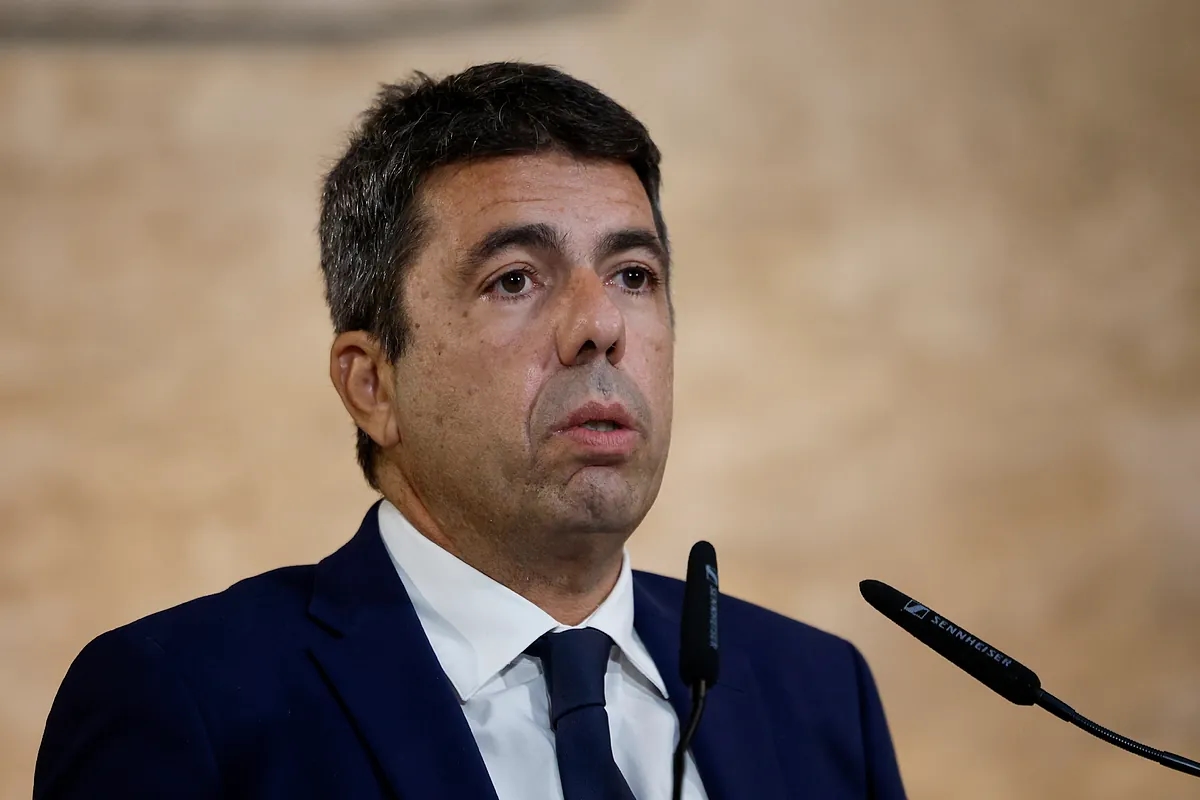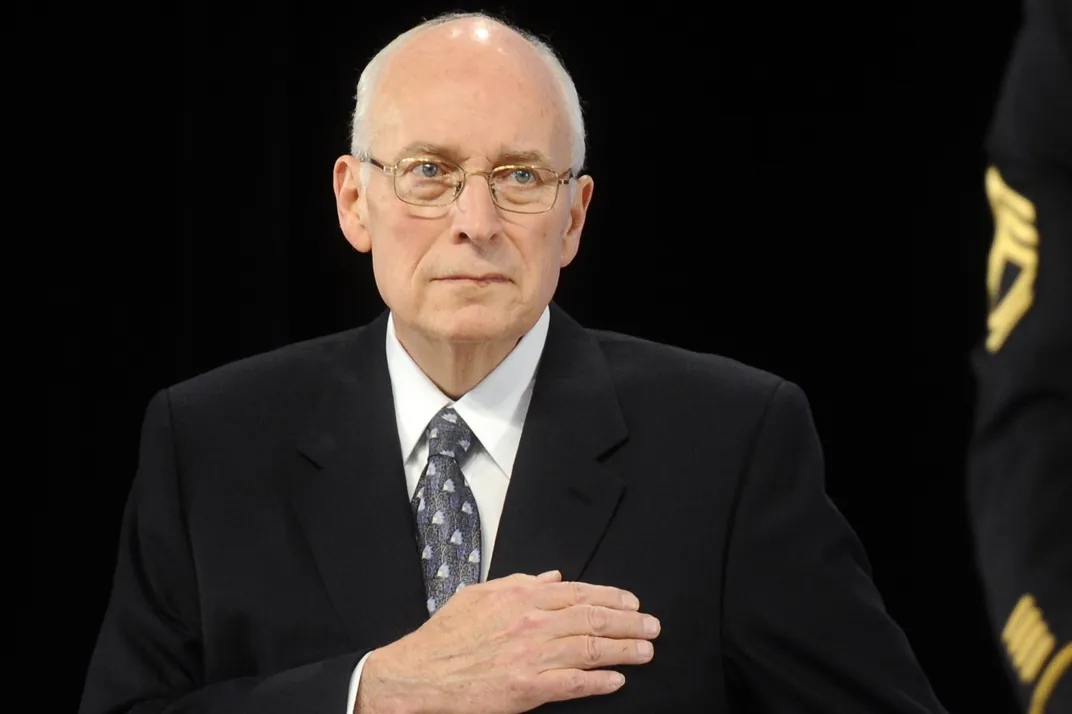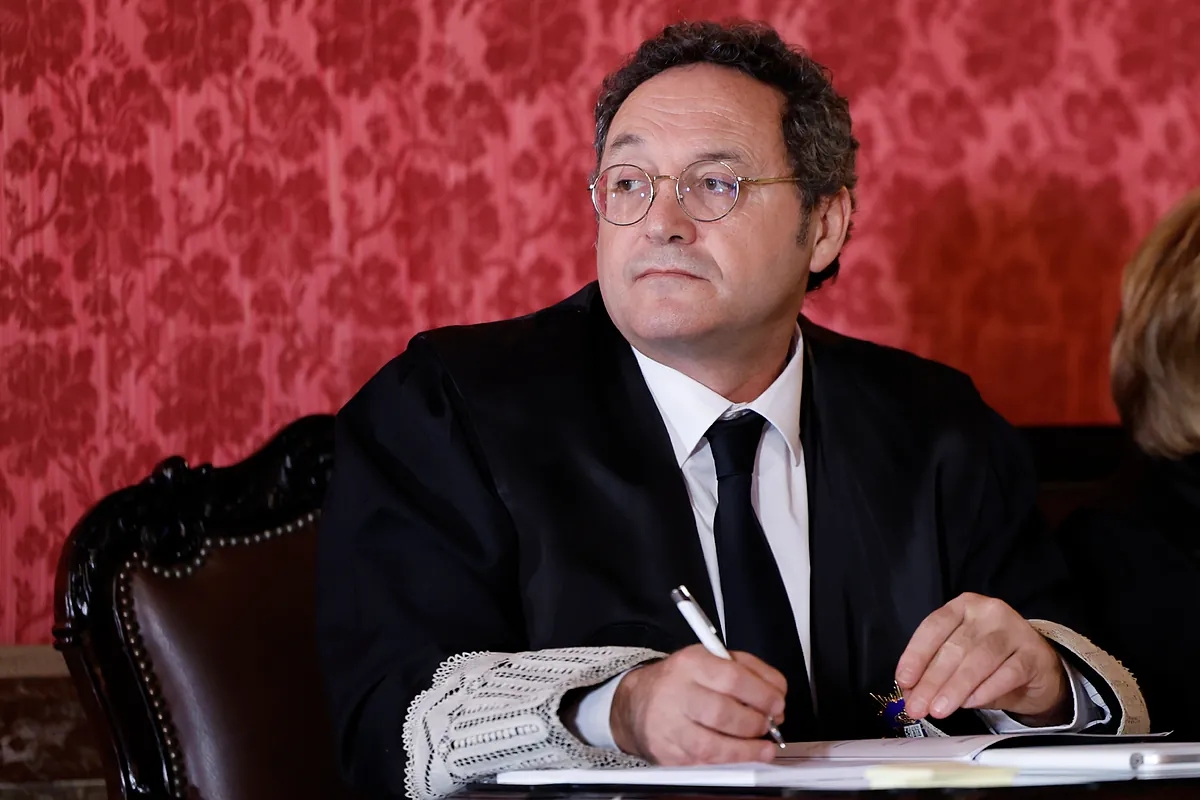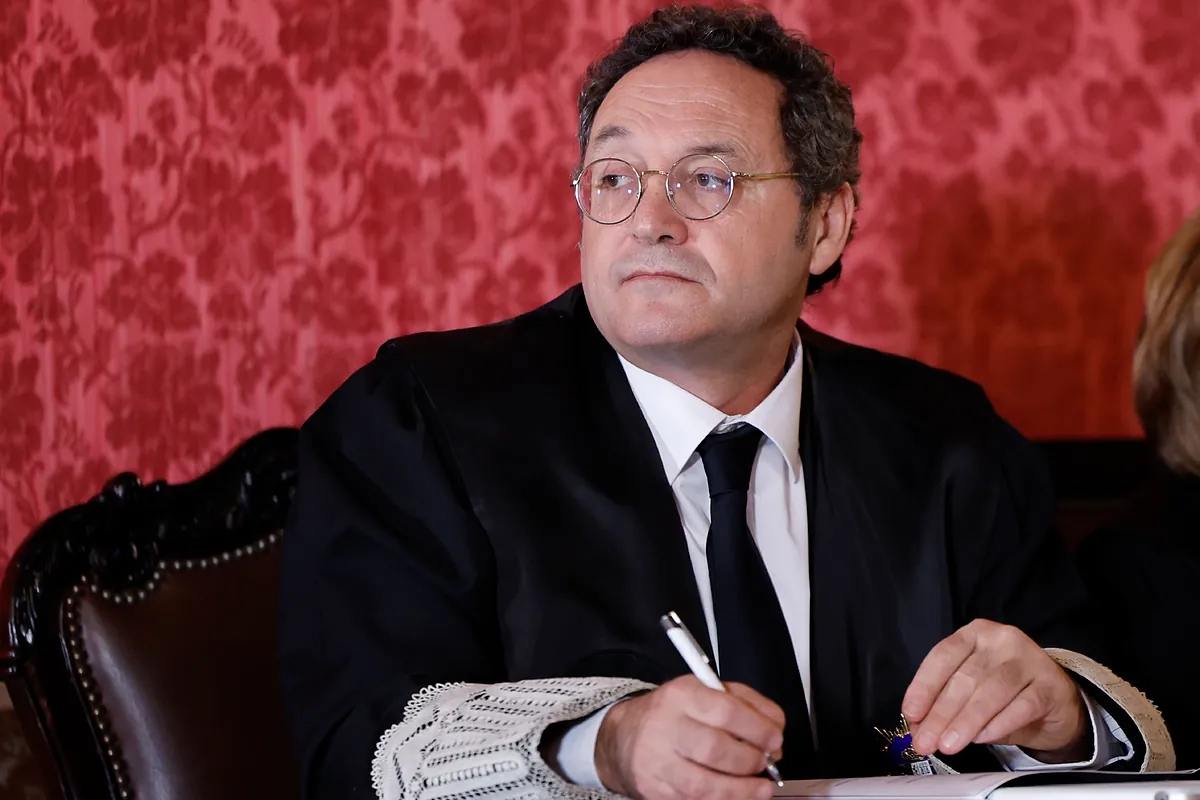Impact of the elections on Congress: the opposition seeks a budget ruling, but the ruling party is already setting the agenda and timeline.
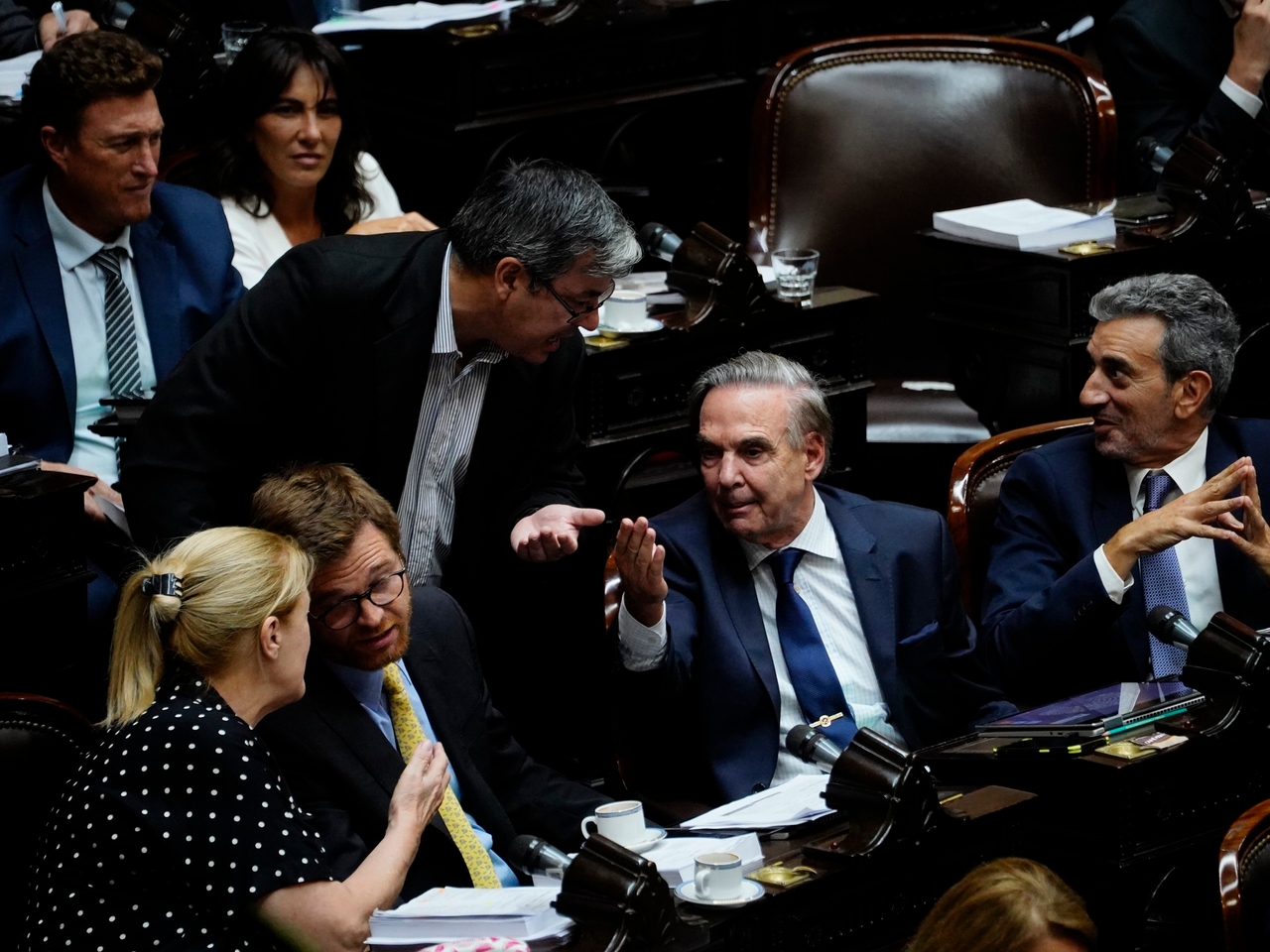
The budget debate schedule in the Chamber of Deputies, imposed by the opposition blocs, will reach its turning point this Tuesday with the signing of the committee reports. November 4th was the date set to allow time for debates to take place in both the lower house and the Senate before the parliamentary transition. The election results eliminated that scenario, and the opposite will now occur. The eventual approval of the budget will be postponed until December or January, with the new composition of Congress, as the government had hoped.
The opposition blocs will nevertheless seek to gather the necessary signatures to obtain the required reports, no longer with the intention of holding a session but rather to bring the debate in committee to a close and establish a political position on the direction of the budget. Both the Union for the Fatherland and the Federal Encounter proposals, for example, will include the three bills vetoed by Javier Milei regarding university funding, the pediatric emergency, and disability services.
The opposition benches had set up the schedule with a protest in the Chamber of Deputies, to impose their time on José Luis Espert, the former head of the committee who, from that position, blocked projects rejected by the ruling party, and with the purpose of avoiding a new extension of the 2023 Budget, as has been happening for the past two years.
The government had already indicated it preferred to address the issue after the December transition . With the October 26th victory and the invitation extended to 20 provincial governors to reopen negotiations, the opposition's strategy was dismantled. The ruling party regained the initiative and set an agenda for the extraordinary session of Congress, including the budget and reforms to labor, taxes, and the Penal Code . With this objective in mind, Milei will meet this Tuesday at the Casa Rosada with the newly elected deputies and senators of LLA.
“We are working on our report. The election changed everything. After that, we have to see if the governors are given what they're promised ,” acknowledged a leader of Union for the Fatherland. Ariel Rauschenberger, Carlos Heller, and Itaí Hagman worked on the Peronist text. Separately, the blocs of Federal Encounter, Democracy Forever, and the left also made progress.
For the reports to be valid, more than half of the 49 members of the committee will have to sign them—across all the proposals. “There was a commitment from the Chamber to issue a report. To demonstrate a political will that there are things that cannot be missing from the Budget,” said members of the caucus led by Miguel Pichetto.
The ruling party was also preparing its position, and depending on how the opposition's stance unfolded, it was considering sending its own delegation. Those in the camp led by Martín Menem followed Axel Kicillof's presentation of the Buenos Aires Province budget , paying close attention to the governor's position, as he had been excluded from the Casa Rosada's invitation . Even so, the La Libertad Avanza faction remained open to negotiation.
“There could be a bargaining chip involved. Otherwise, if he wants the provincial budget but not the national one, he'll be contradicting himself,” sources within the ruling party argued. Kicillof only has the support of a handful of deputies and would pay a high political price for promoting the fragmentation of the bloc, as happened with other governors like Osvaldo Jaldo of Tucumán and Raúl Jalil of Catamarca.
Regarding the reforms with which the government intends to go on the offensive, the opposition parties will wait to see the detailed texts. So far, some general outlines have been leaked. The bill to make labor regulations more flexible would establish a cap of 10 months' salary on severance pay, excluding the Christmas bonus; extend the workday; reinstate food vouchers; allow for split vacations; and permit company-level collective bargaining agreements, among other points.
Regarding the tax reform , the Government announced that 20 taxes would be eliminated and rates lowered, while the modification of the Penal Code would propose toughening penalties, defining new crimes and changes in the execution of sentences.
“None of these issues are being discussed hastily or in extraordinary sessions,” argued representatives from Unión por la Patria. “ We won't comment based on rumors, because some of them are pathetic. Believing that labor reform will generate employment in a recessionary environment is absurd. The Penal Code requires serious work,” added representatives from Encuentro Federal.
Clarin



